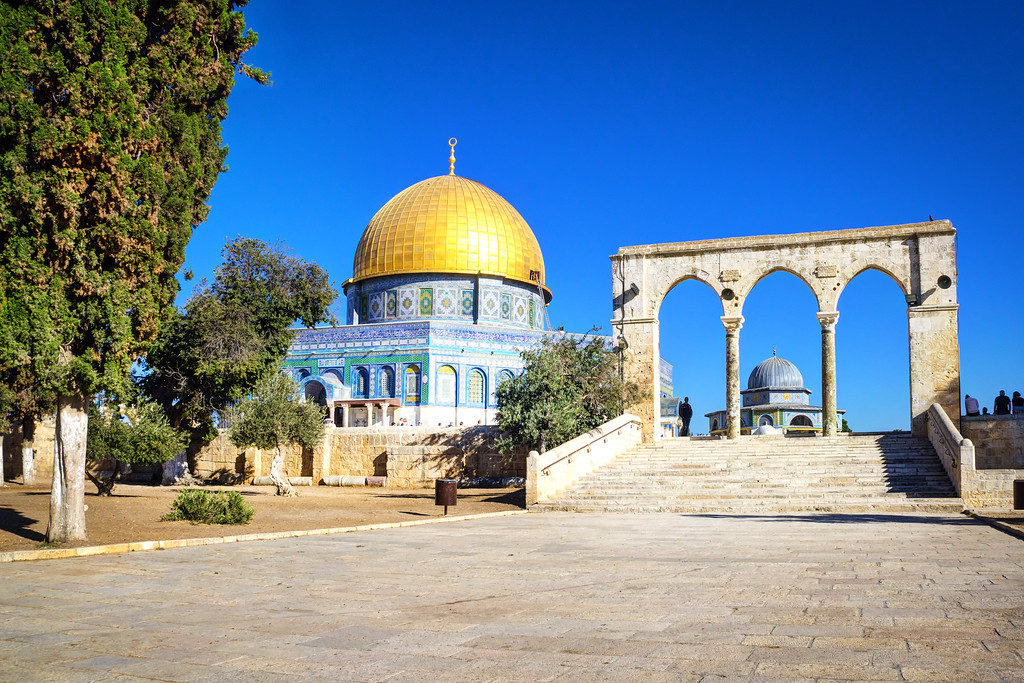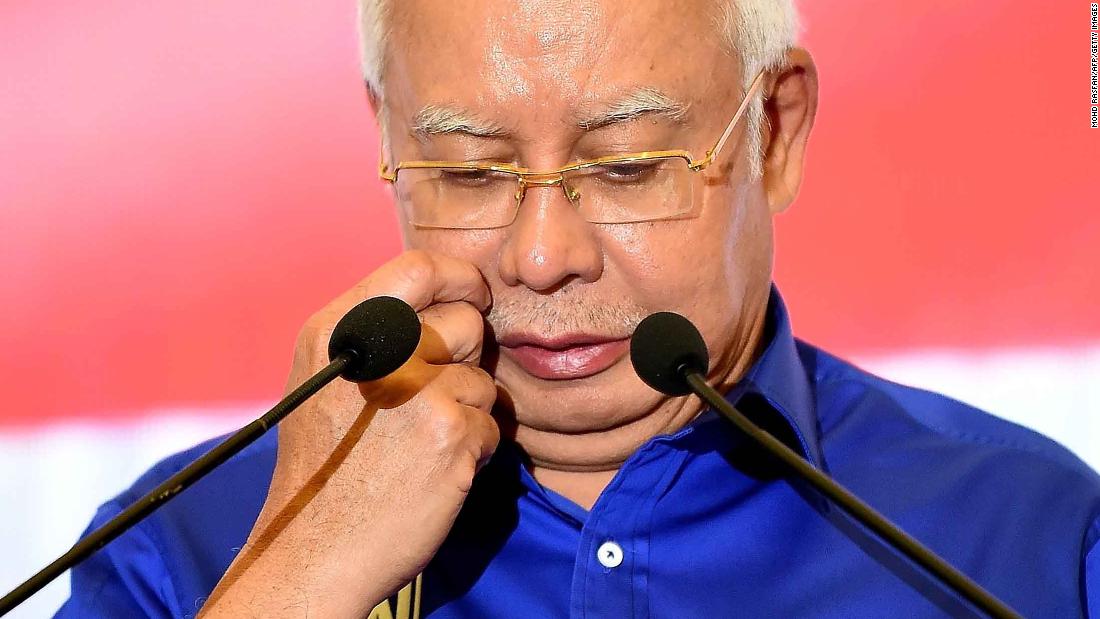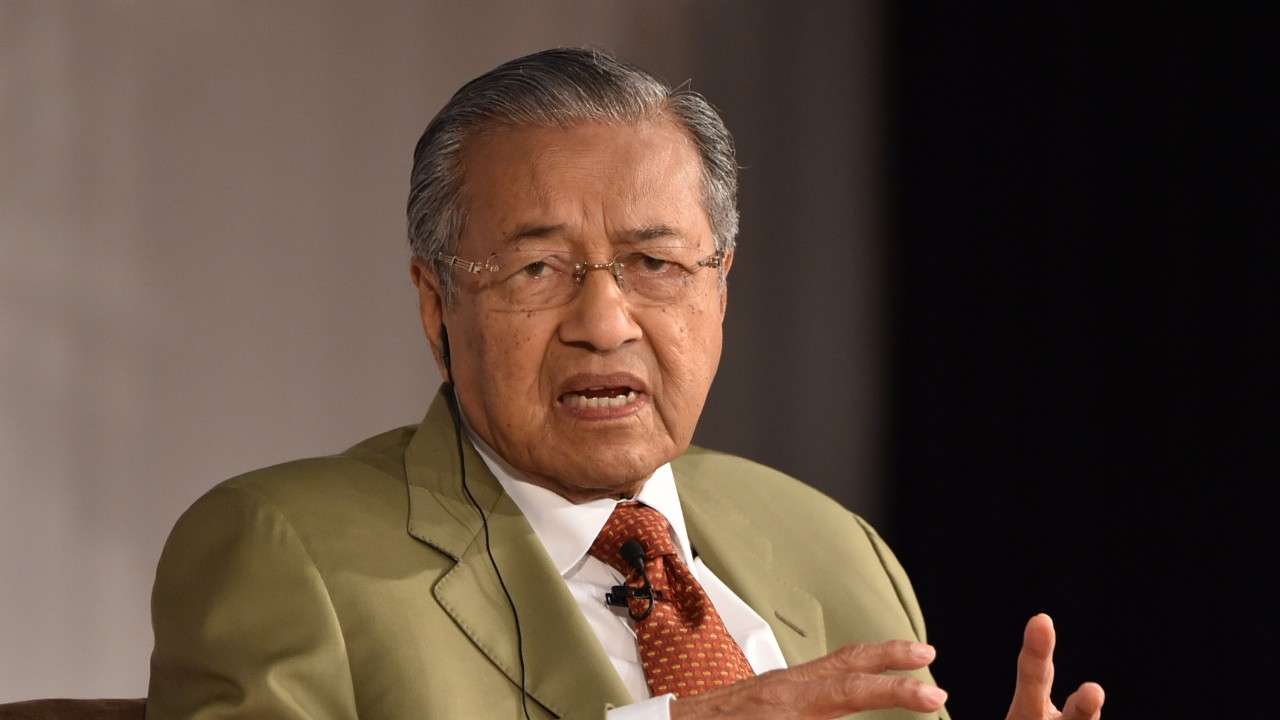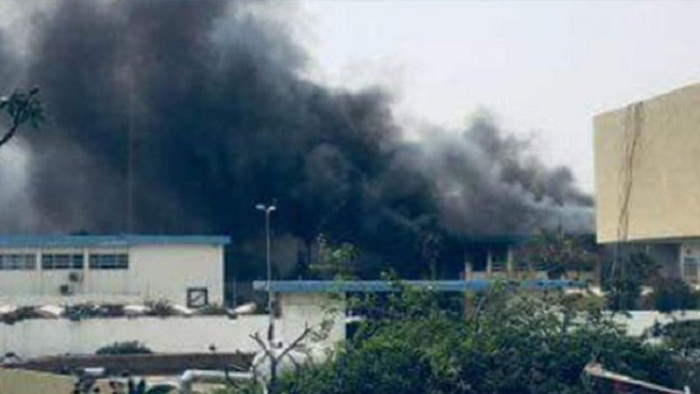On December 6, 2017, US President Donald Trump had formally recognised Jerusalem as the capital of Israel and declared his decision to move the US embassy from Tel Aviv. The decision has sparked huge opposition and criticism around the world, resulting in protests both on social media and the streets. According to the latest update, at least 15 Palestinian people have died facing attacks from Israeli forces while rallying against this move. It is now clear that it will further escalate the conflict between Palestine and Israel, rather than making way for a solution to the crisis.
Jerusalem has been a bone of contention for decades. Both the Palestinians and the Israelis call it their capital. Besides, it holds a special place in the hearts of the Muslims, Christians and Jews, who consider it sacred and an important part of their spiritual and historical heritage. That’s why the international legal and diplomatic status of Jerusalem had remained unresolved till Trump’s declaration on December 6. The debate mostly revolved around the legal status of East Jerusalem and the Israeli presence in West Jerusalem. The majority of the United Nations’ member-states and international organisations do not recognise Israel’s ownership of East Jerusalem, which came under its control after the 1967 Six-Day War. As a result, most countries have their embassies in Tel Aviv instead of Jerusalem. But it seems the scenario is about to change in the coming days.
Though both Saudi Arabia and Turkey have criticised Trump’s decision and called on the Muslims to remain united and alert, only Turkey has been clear in expressing its stance on the matter.
So far, the International community has been very vocal against the decision. The UN General Assembly has voted against the decision. A total of 128 member-states have rejected Trump’s decision of handing Jerusalem over to Israel. In reply, Donald Trump has threatened to cut financial aids to countries that will oppose his verdict. The Christian leadership of Palestine has also rejected the decision, terming it as “dangerous” and “insulting” to people who are not part of the Jewish faith but have as much right as them on Jerusalem.
But the nucleus of the problem lies elsewhere. The Palestinian Muslims are the ones who are going to face the most severe challenges due to this decision. But looking at the reactions, statements, and activities of the Arab world(which constitutes most of the Muslim nations of the world and also plays a defining role in the lives of all Muslims), a surprising silence, or rather divide, can be noticed.
Though both Saudi Arabia and Turkey have criticised Trump’s decision and called on the Muslims to remain united and alert, only Turkey has been clear in expressing its stance on the matter. Turkish President Recep Tayyip Erdogan called on Washington to reverse its decision. But Saudi Arabia, the leading player in the Arab world, continues to play a mysterious role. It has been reported in recent times that Saudi Arabia is strengthening its relationship with Israel and remains conspicuously silent on the Palestinian issue. The Saudi government is getting close to Israel as it wants to lessen Iran’s growing influence in the Middle East. As Saudi Arabia wants the presence of the United States in the Arab World, it is continuously pressuring Mahmud Abbas, the President of Palestine, to accept the Palestine plan devised by the US and the Israeli authorities. The plan has been outright rejected by Abbas, who announced that he will henceforth reject any Israeli-Palestinian peace plan proposed by the US.
The role of Saudi Arabia in the Palestine issue has resulted in anger and confusion both on social media and the streets. People all over the Muslim world, especially the Palestinians, protested the Saudi stance. For example, Twitter has seen a popular hashtag “normalization is betrayal” emerge. Some have called for burning pictures of King Salman of Saudi Arabia, while others have termed Saudi Arabia as “Zionists in Arab cloth” siding with the US and Israel rather than Palestine. The image of Saudi Arabia and its allies, including Egypt and UAE, has suffered greatly within Palestine. According to a recent survey conducted by the Palestinian Center for Policy and Survey Research in Gaza and the West Bank, it has been found that on the question of defending the rights of the Palestinians, 82% do not trust Saudi Arabia anymore. The survey also shows that 75% of Palestinians do not trust Egypt, while 70% do not trust the UAE.
The overall situation makes one thing pretty clear. That any peace initiative that comes out of negotiations between Saudi Arabia and the US will be rejected by the Palestinian people in particular and the Muslims worldwide in general. People on the streets will continue to resist any plans coming from the West on the issue of Jerusalem. Eventually, the plans of Saudi Arabia will seem to be irrelevant and useless, which will in turn damage the reputation of the country in the Middle East and beyond. The region has already seen two intifadas and an Arab Spring which had caused huge loss of life and damage to wealth, infrastructure, political climate and other essential elements of countries affected by these events. The time has come for the Saudi officials to finally choose their real friends and revise their political, ethical and diplomatic positions on the question of Jerusalem in line with that choice. And, in this case, the sooner Saudi Arabia and its allies open their eyes, the better consequences it will bring to the fate of the Palestinian people.














